Filter by
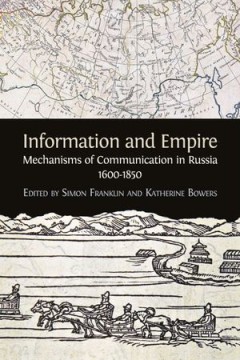
Information and Empire
"From the mid-sixteenth to the mid-nineteenth century Russia was transformed from a moderate-sized, land-locked principality into the largest empire on earth. How did systems of information and communication shape and reflect this extraordinary change? Information and Mechanisms of Communication in Russia, 1600-1850 brings together a range of contributions to shed some light on this complex que…
- Edition
- -
- ISBN/ISSN
- 9781783743759
- Collation
- -
- Series Title
- -
- Call Number
- -
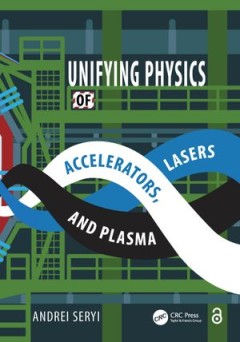
Unifying Physics of Accelerators, Lasers and Plasma
Unifying Physics of Accelerators, Lasers and Plasma introduces the physics of accelerators, lasers and plasma in tandem with the industrial methodology of inventiveness, a technique that teaches that similar problems and solutions appear again and again in seemingly dissimilar disciplines. This unique approach builds bridges and enhances connection
- Edition
- -
- ISBN/ISSN
- 9781482240597
- Collation
- -
- Series Title
- -
- Call Number
- -
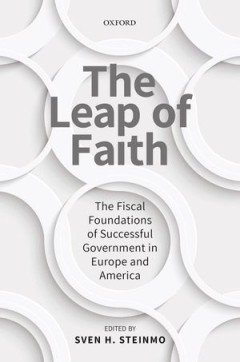
The Leap of Faith
This is the first book to compare the history of tax compliance in several countries (Sweden, Britain, Italy, Romania, and the United States). The book clearly elaborates the policy lessons from the five cases explored for countries who are currently trying to build successful and effective tax policies. Makes the direct connection between historical cases and current policy issues in developed…
- Edition
- -
- ISBN/ISSN
- 9780198796817
- Collation
- -
- Series Title
- -
- Call Number
- 650
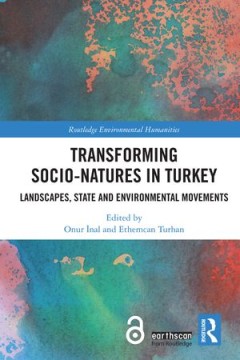
Transforming Socio-Natures in Turkey
This book is an exploration of the environmental makings and contested historical trajectories of environmental change in Turkey. Despite the recent proliferation of studies on the political economy of environmental change and urban transformation, until now there has not been a sufficiently complete treatment of Turkey's troubled environments, which live on the edge both geographically (betwee…
- Edition
- -
- ISBN/ISSN
- 9780429770722
- Collation
- -
- Series Title
- -
- Call Number
- -
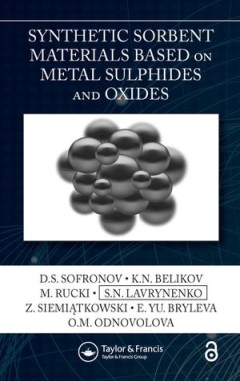
Synthetic Sorbent Materials Based on Metal Sulphides and Oxides
Synthetic Sorbent Materials Based on Metal Sulphides and Oxides focuses on development of inorganic nanomaterials for removal of metallic species from the aqueous environment. General synthetic methods to prepare such materials are lacking. This book investigates problems of controlled synthesis of these materials and the effect of their morphological characteristics on their sorption capacity.…
- Edition
- -
- ISBN/ISSN
- 9781000215090
- Collation
- -
- Series Title
- -
- Call Number
- -

Social Protection and Informal Workers in Sub-Saharan Africa
The promotion of social protection in Sub-Saharan Africa happens in a context where informal labour markets constitute the norm, and where most workers live uncertain livelihoods with very limited access to official social protection. The dominant social protection agenda and the associated literature come with an almost exclusive focus on donor and state programmes even if their coverage is li…
- Edition
- -
- ISBN/ISSN
- 9781000478655
- Collation
- -
- Series Title
- -
- Call Number
- -
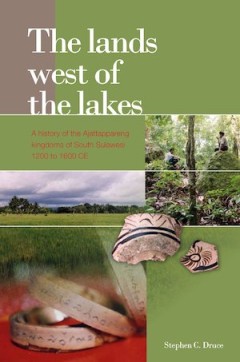
The lands west of the lakes A history of the Ajattappareng kingdoms of South…
The period 1200-1600 CE saw a radical transformation from simple chiefdoms to kingdoms (in archaeological terminology, complex chiefdoms) across lowland South Sulawesi, a region that lay outside the ‘classical’ Indicized parts of Southeast Asia. The rise of these kingdoms was stimulated and economically supported by trade in prestige goods with other parts of island Southeast Asia, yet the …
- Edition
- -
- ISBN/ISSN
- 9789067183314
- Collation
- -
- Series Title
- -
- Call Number
- -
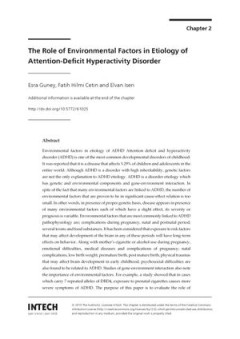
Westernization The Role of Mass Media On Body Image and Eating Disorders
Westernization: The Role of Mass Media on Body Image and Eating Disorders
- Edition
- -
- ISBN/ISSN
- 9789535100010
- Collation
- -
- Series Title
- -
- Call Number
- -
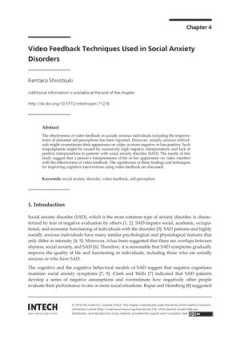
Video Feedback Techniques Used in Social Anxiety Disorders
The effectiveness of video feedback in socially anxious individuals including the improvement of distorted self-perceptions has been reported. However, socially anxious individuals might overestimate their appearance on video as more negative or less positive. Such misjudgments might be caused by excessively high negative interpretations and lack of positive interpretations in patients with soc…
- Edition
- -
- ISBN/ISSN
- 9789535139270
- Collation
- -
- Series Title
- -
- Call Number
- -
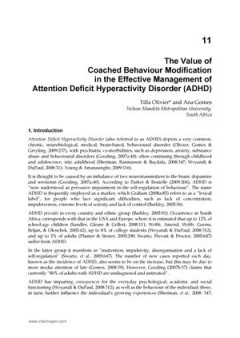
The Value of Coached Behaviour Modification in the Effective Management of At…
The Value of Coached Behaviour Modification in the Effective Management of Attention Deficit Hyperactivity Disorder (ADHD)
- Edition
- -
- ISBN/ISSN
- 9789533078687
- Collation
- -
- Series Title
- -
- Call Number
- -
 Computer Science, Information & General Works
Computer Science, Information & General Works  Philosophy & Psychology
Philosophy & Psychology  Religion
Religion  Social Sciences
Social Sciences  Language
Language  Pure Science
Pure Science  Applied Sciences
Applied Sciences  Art & Recreation
Art & Recreation  Literature
Literature  History & Geography
History & Geography